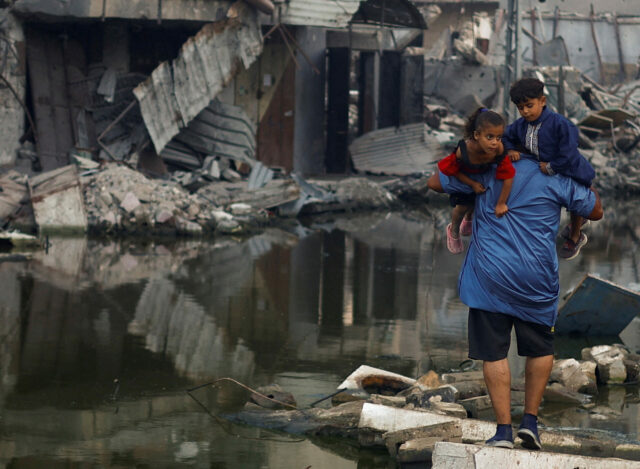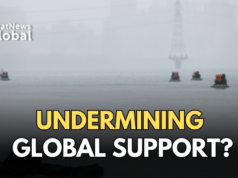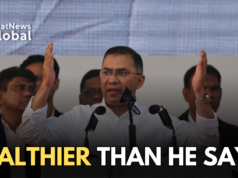The Gaza conflict took a dramatic turn on Monday as Palestinian Islamic Jihad launched a barrage of rockets into Israel. This bold move demonstrated that militant groups still possess significant firepower, despite nearly nine months of intense Israeli offensive operations.
Meanwhile, Israeli forces continued their advance deeper into Gaza. Tanks pushed further into the Shejaia suburb of eastern Gaza City and parts of Rafah in southern Gaza. Consequently, fierce fighting erupted in these areas, with both sides reporting military engagements.
The Israeli military claimed success in Shejaia, stating they had killed several militants and uncovered weapons caches. On the other hand, Hamas asserted that they had lured Israeli forces into a booby-trapped house in Rafah, causing casualties.
This latest escalation comes against the backdrop of a conflict that has raged since October 7, when Hamas-led attacks on southern Israel triggered a full-scale war. Since then, the death toll has been staggering. According to Gaza’s health ministry, nearly 38,000 Palestinians have lost their lives. In contrast, Israel reports 1,200 deaths from the initial attack and 316 soldiers killed in Gaza operations.
Despite international pressure, ceasefire efforts have hit a wall. Arab mediators and the United States have been pushing for a resolution, but to no avail. Hamas demands an end to the war and a full Israeli withdrawal, while Israel insists on only temporary pauses until Hamas is completely eradicated.
In a recent development, Israel released 54 Palestinian detainees, including Mohammad Abu Selmeyah, the former director of Al Shifa Hospital. However, this gesture has done little to ease tensions, as Abu Selmeyah claimed detainees suffered abuse during captivity.
As the conflict drags on, Gaza lies in ruins, with most casualties reported as civilians. The humanitarian crisis deepens by the day, raising concerns about the long-term impact on the region.
With both sides firmly entrenched in their positions, a peaceful settlement seems elusive. As the world watches, the urgent need for a diplomatic breakthrough becomes ever more apparent.
With inputs from Reuters
Traveller, bibliophile and wordsmith with a yen for international relations. A journalist and budding author of short fiction, life is a daily struggle to uncover the latest breaking story while attempting to be Hemingway in the self-same time. Focussed especially on Europe and West Asia, discussing Brexit, the Iran crisis and all matters related is a passion that endures to this day. Believes firmly that life without the written word is a life best not lived. That’s me, Ashwin Ahmad.





